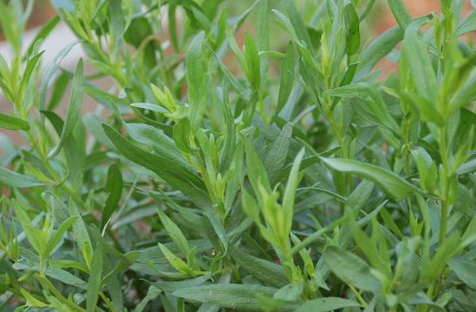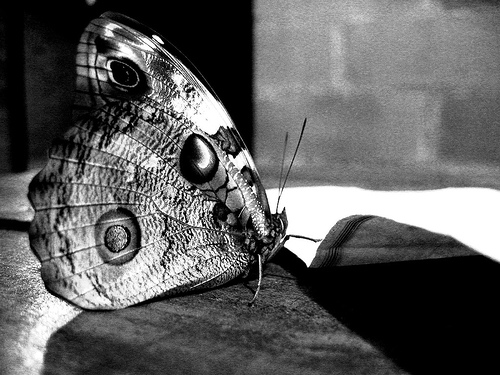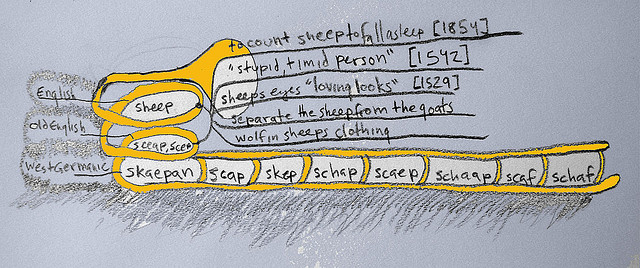Even if you are not a budding chef, you might have heard of this herb. It can be used in all sorts of ways in cooking, especially with chicken, eggs and fish. And if you are fortunate enough to have tried French cuisine, you may have had it in Bearnaise sauce.
But where did the name come from? You might think it looks very English, but in fact, this word has had quite a journey to reach us in the form it is today in English.
“Tarragon” first appeared in this form in the 1530s, but it came from an earlier English form; taragon. This was formed from the Middle French term targon, which came from Medieval Latin tragonia. But the story doesn’t end here. There is an intriguing twist in the tale.


